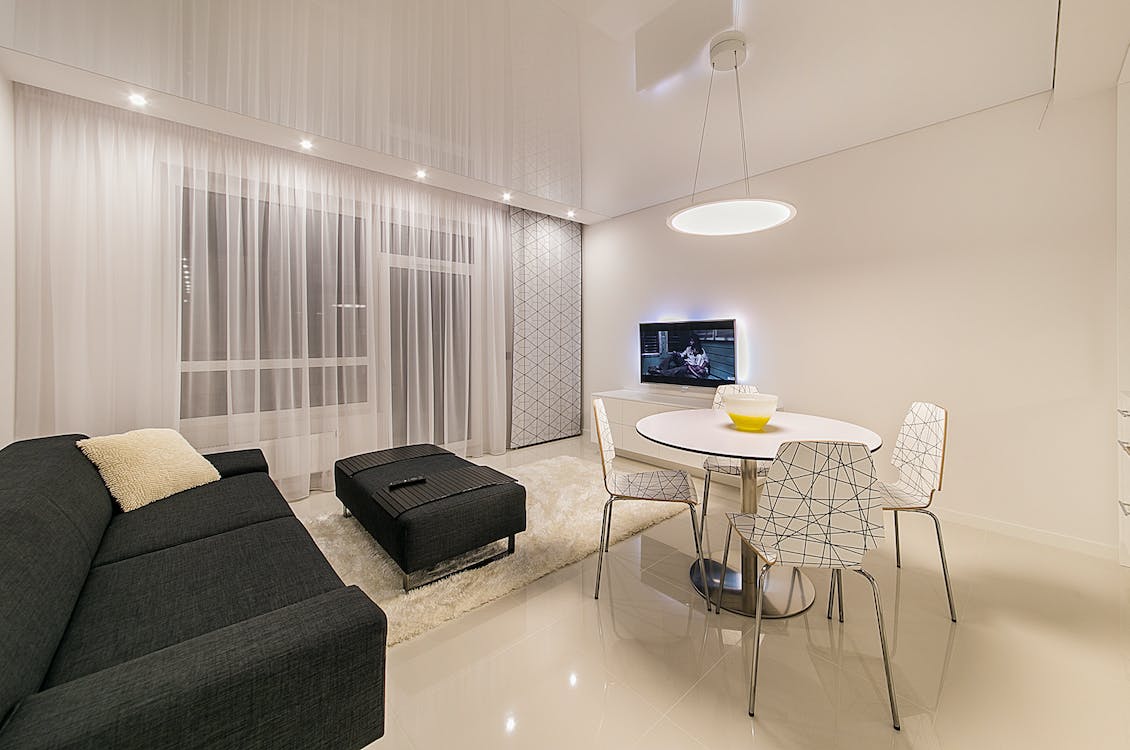Selecting the ideal heating and cooling system for your home is a decision of paramount importance for every homeowner. Taking the time to carefully deliberate on this choice is crucial for several compelling reasons.
Firstly, the choice you make can significantly impact your monthly utility bills. It’s imperative to opt for an energy-efficient heating and cooling system that can translate into substantial savings over time. Hence, the selection of the right equipment becomes pivotal.
Aside from the efficiency of the system, it’s essential to ensure that it can consistently maintain a comfortable indoor temperature. Moreover, comprehending the advantages and disadvantages of each equipment type is vital for making a well-informed decision.
Maintenance is another critical aspect that homeowners should not overlook. Neglecting the upkeep of your equipment can lead to increased repair costs down the line. Therefore, it’s essential to prioritize regular maintenance to avoid these potential pitfalls.
In the following sections, we will explore various types of heating and cooling systems suitable for your home.
Duel Fuel System
If you are looking for a holistic solution that can work efficiently in any type of weather condition, then opt for this system.
Users who have not heard about this equipment before may wonder What is a dual fuel system. It is a hybrid system that contains a gas furnace and an electric heat pump.
You have the flexibility to switch between the system’s devices as needed to maintain the ideal temperature for each season. This energy-efficient system ensures effective heating and cooling for your home year-round.
During the summer, the heat pump functions as a central air conditioner. It efficiently expels hot air from your home in response to your thermostat’s temperature setting. The heat pump continues to perform effectively in the milder months of spring and fall, providing cost-efficient heating.
So, investing in a dual fuel system can be a wise decision as it offers you a complete heating and cooling solution.
Furnace
If you live in an extremely cold region and are looking for a high-quality heating system, then a furnace can be the right choice. It works on natural gas, and the component known as the heat exchanger is its primary part, which pushes the heat air through the duct system.
The furnace has good efficiency ratings, which can be beneficial in terms of the affordability of monthly bills. The price of a new furnace can range from $2,000 to $7,000, so you need to make the decision according to your budget and requirements. Usually, the prices of furnaces that run on natural gas are higher than the ones that run on electricity.
Heat Pump
A heat pump combines a heating and cooling system into one unit; its dual functionality increases its efficiency. When it’s hot outside, the unit pulls air from inside your house, uses a refrigerant to remove the heat from it, and then pumps the cool air back into the house. It draws warm air from inside throughout the winter and circulates it back inside to warm your room. The heat pump never brings outside air inside.
Excellent air filtration and low noise levels (unlike furnaces) are advantages. Depending on the model you buy, heat pumps can cost anywhere from $5,600 to $20,000 on average (there are three types of heat pumps: air-source, split-duct, and geothermal).
Can a heat pump lower your energy costs? Perhaps, or perhaps not. It could be a coin toss as to whether they will cut your gas bill more than they will increase your electric bill.
Heat pumps are not measured in terms of AFUE regarding efficiency. Instead, the Seasonal Energy Efficiency Ratio (for cooling mode) and the Heating Seasonal Performance Factor (for heating mode) are used to determine their efficiency.
Your best option is to search for a heat pump that is Energy Star certified to avoid misunderstanding (this will ensure that you are obtaining one that checks off all the necessary boxes).
Boiler
As its name suggests, a boiler is a device that heats water in a tank and then circulates that heated water through a network of pipes to radiators throughout your house to heat it. The heat is subsequently dispersed through the radiators throughout the rooms and areas.
Natural gas boilers are equally as efficient as furnaces, if not more so (some have AFUE values as high as 100). Although they are still available, oil-fired boilers are less widespread in residences (at least in the United States).
Boilers take up more area than a typical furnace due to their design (tall and cylindrical). They can cost up to $10,000, and repairs can also be extremely expensive if something goes wrong.
Ductless Mini-Split
Mini-splits have become a popular choice for many homeowners. They are basically heat pumps that can provide heating and cooling. Its wall-mounted portion contains a built-in air handler, so ductwork is unnecessary.
Mini-split can cool and heat a single room within a few minutes, so you do not have to leave it turned on for hours. It can be a great choice for your home’s indoor comfort, so you should not ignore this equipment.
One of the benefits of this system is that it offers high-efficiency ratings at low operating costs. Also, there is no risk of leaky air ducts, meaning no cooling and heating loss.
Geothermal Heat Pump
Here is another environment-friendly and energy-efficient equipment that can make a valuable addition to your home.
You can consider geothermal heat pumps as air-source heat pumps. The system does not convert the heat from a fuel source but moves it directly from the ground rather than through the outdoor air. For installation, you have to bury a matrix of pipes, known as a loop around your property.
Additionally, you must know about local ordinances and learn about federal and state laws before installation of this system.
One of the primary benefits of this type of system is long-lasting quality, as it can last for around thirty to fifty years. You can also connect it to a hydronic system to attain duct-free radiating heating, which is another plus point.
Conclusion
To choose the right heating or cooling system, you must first assess your requirements and budget. Your chosen system will also impact your monthly electricity bills, so you need to be mindful in this regard. It would be better to get feedback from the users who have used the heating and cooling system you intend to buy.

